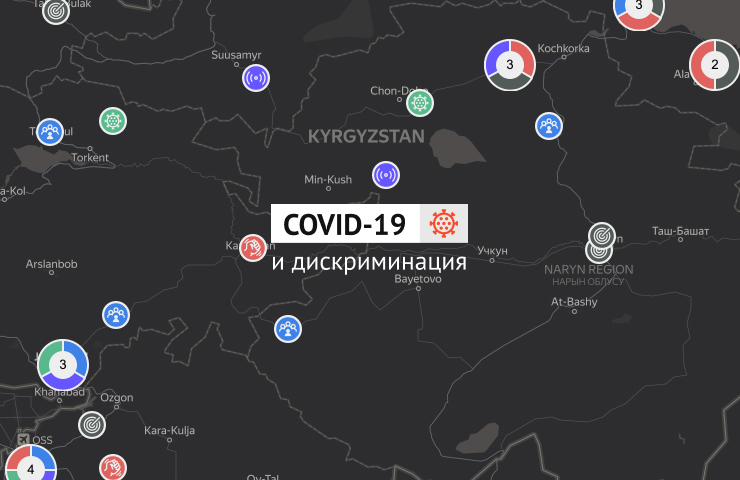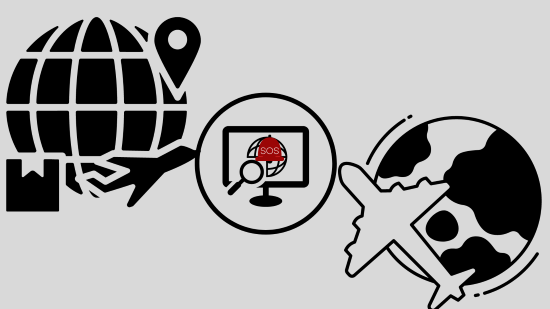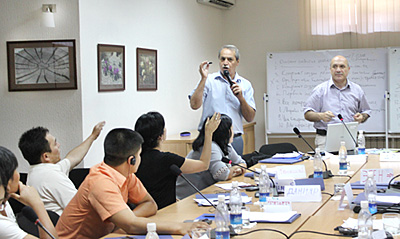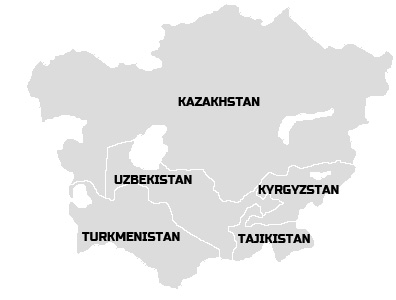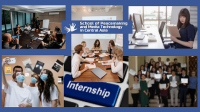 The
School of Peacemaking and Media Technology in Central Asia announces an annual competition
among students from Kyrgyzstan, Kazakhstan, Uzbekistan, Tajikistan, studying journalism and
mass communication, law, cultural studies and anthropology, to participate in
research and media monitoring projects.
The
School of Peacemaking and Media Technology in Central Asia announces an annual competition
among students from Kyrgyzstan, Kazakhstan, Uzbekistan, Tajikistan, studying journalism and
mass communication, law, cultural studies and anthropology, to participate in
research and media monitoring projects.
Over
the past six years, about 80 students have completed research
internships.
This
internship is scheduled for the period from December 15, 2023 to January 25,
2024.
In
some cases, a student can start an internship earlier.
The
internship will be carried out in a distance format or offline.
The
selected interns will be trained in new analytical tools, will have access to
databases
and,
together with the team, will conduct a few studies.
Participation
in the project is a good practice, upon completion of which an internship
confirmation
letter will be issued. An important criterion for selecting interns is language
proficiency, perseverance, attentiveness, a clear application of methodology
and indicators in practice, a desire to work with large amounts of
information.
Topics for research
this year:
Freedom
of expression in the conflict time
Media
хenophobia and hate speech (focused on local countries context)
Media
and conflict
Information
wars and geopolitics
A
motivation letter and a CV including the
contacts of at least two referees should be sent to peacemakingandmediaca@gmail.com until 18:00 Bishkek time, December 6, 2023 marked "For internship".
Applications
sent after this deadline will not be considered. The team does not comment on
the
selection methods and does not respond to letters of inquiry after the end
of
the call.
About the organization:The School of Peacemaking and Media Technology in Central Asia is a media
development,
peace communications and freedom of expression organization focused
on countering hate speech, discrimination in the media, on the Internet
and public discourse.
Our
vision statement aims at encouraging diversity, human rights, peace fair
journalism access to information and citizens making informed opinions as a
means of promoting a tolerant society.
Since
2011, the School of Peacemaking and Media Technology in Central Asia has implemented
nearly 20 programs focused on these activities.





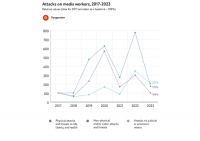

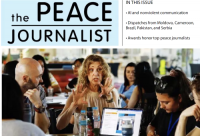
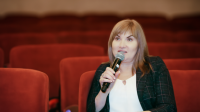

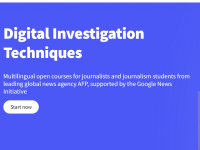

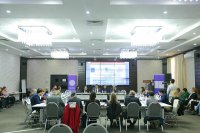
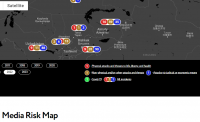
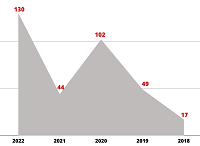 Chart 1. Dynamics
of reported attacks and threats from 2018 to 2022
Chart 1. Dynamics
of reported attacks and threats from 2018 to 2022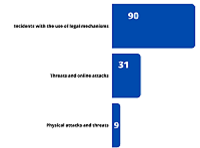 Chart 2. Number of incidents reported in 2022 by categories Blocking of
websites of Azattyk Media, ResPublica, attempted blocking of the website of the
news agency 24.kg in 2022 on formal grounds, based on the law "On fake (false)
information” is the result of the legislation expanding the powers of
authorities to have control over the media landscape.
Chart 2. Number of incidents reported in 2022 by categories Blocking of
websites of Azattyk Media, ResPublica, attempted blocking of the website of the
news agency 24.kg in 2022 on formal grounds, based on the law "On fake (false)
information” is the result of the legislation expanding the powers of
authorities to have control over the media landscape.



